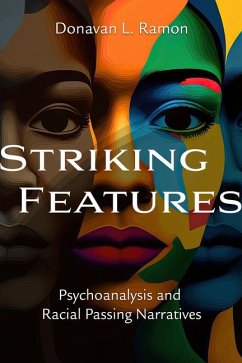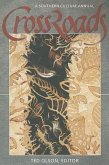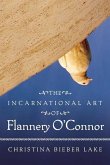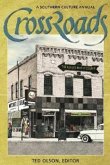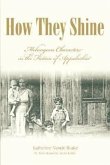How does psychoanalysis animate racial passing and how does racial passing inspire psychoanalysis? Despite long-held beliefs that the two have nothing in common, Ramon poses that psychoanalysis is relevant for understanding the reasons behind jumping the color line. Beginning with the premise that Sigmund Freud created psychoanalysis to contend with his own anxieties about race, Ramon explores canonical and non-canonical passing narratives using psychoanalytic perspectives. He closely reads narratives by Charles Chesnutt, James Weldon Johnson, Nella Larsen, Alice Dunbar-Nelson, Jessie Fauset, Anita Reynolds, Danzy Senna, Vera Caspary, Anatole Broyard, and Philip Roth to advance several provocative claims about the intersections of passing and psychoanalysis. Here, Ramon underscores the nuances of racial passing in school as the place of trauma for Black subjects. The monograph concludes with a meditation on today's ineffective language of race, which hinders racial progress.

